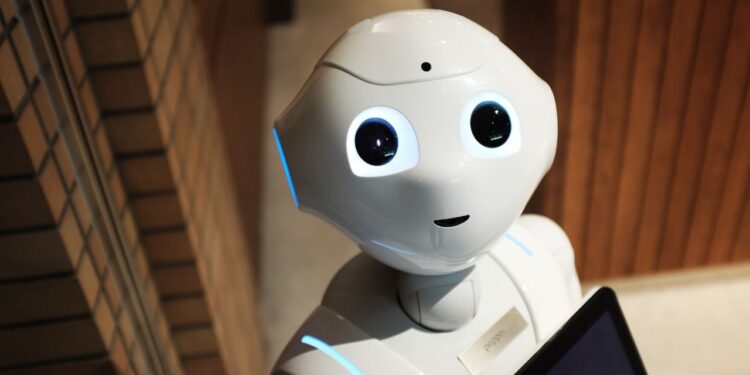Last month, 1,000 San Francisco International Airport food service workers protested over allegations of unfair pay and poor work conditions.
However, some workers were still marching forward to servicing the 130,000 passengers that come through the Bay Area airport on a daily basis: robots.
Automated coffee kiosks served espressos without missing a beat, but this doesn’t necessarily mean that this technology replace humans. But why would companies worry about fair work conditions when they can simply switch the “on” button?
Data from the International Federation of Robotics shows that the number of industrial robots in the U.S. grew 14% from 2020 to 2021. Although this is still slim compared to regions like China, it indicates a trend that is expected to impact a huge range of industries, including food and beverage.
“I don’t think this is the beginning of the apocalypse — that all workers are going to be replaced by robots. That’s bullshit,” said Tom Kochan, a professor at the MIT Sloan School of Management. “That view is not really taken seriously by anyone.”
The most likely scenario? Robots will likely replace many human-centric jobs, but humans will have to upskill in order to work alongside these technologies.
“There’s a scenario in which you automate some of the tasks, especially the ones that are less pleasant and more dangerous for workers, and workers are not eliminated,” said Daron Acemoglu, an economist at MIT. “And you use technology to introduce new tasks and new capabilities so you can reinstate the workers and be more productive.”















